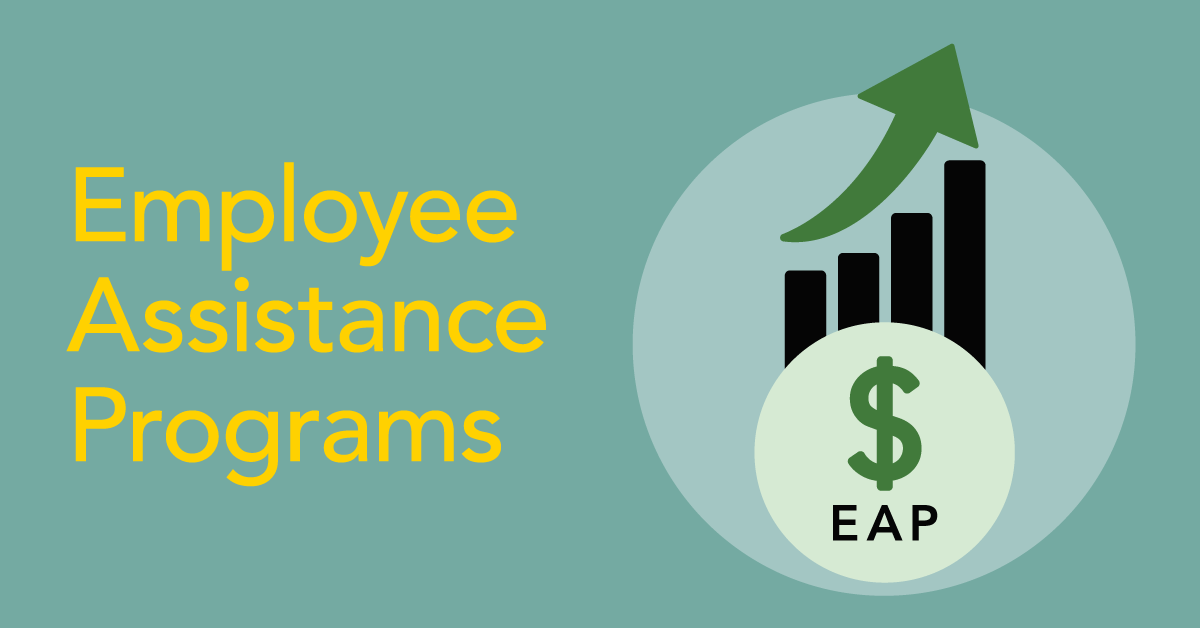EAPs: An Introduction
An employee assistance program (EAP) is a voluntary work-life benefit a company or organization may offer employees and their family members, usually at no cost. EAPs are administered by a third-party provider or vendor and are designed to help employees deal with personal problems that might adversely impact their work performance, health, and well-being. An EAP typically offers confidential assessments, short-term counseling, referrals, and follow-up services for employees and may address a wide range of issues, including mental health problems, substance abuse, marital issues, family problems, financial concerns, legal issues, and stress.
Generally, EAPs are intended to:
- Promote employee well-being and assist employees in managing personal problems that can affect their physical and mental health, and thus work performance;
- Prevent or address employees experiencing personal problems that may affect workplace performance; and
- Assist employers in addressing productivity issues.
There are no federal laws specifically regulating EAPs, nor is there a broadly recognized legal definition. However, EAPs that offer medical benefits (e.g., direct counseling and treatment) have compliance obligations with federal laws such as the Employee Retirement and Income Security Act (ERISA), the Mental Health Parity and Addiction Equity Act (MHPAEA), the Affordable Care Act (ACA), the Health Insurance Portability and Accountability Act (HIPAA), the Family and Medical Leave Act (FMLA), the Americans with Disabilities Act (ADA), and the Consolidated Omnibus Budget Reconciliation Act (COBRA). State regulation of EAPs is limited and often focuses on EAP counselors, substance abuse testing requirements, and insurance matters. Apart from California and Washington, most states do not have laws or regulations that expressly regulate the activities of EAPs.
EAPs effectively address absenteeism and poor workplace performance that may stem from an employee’s personal challenges, including substance abuse. Employee participation in an EAP is voluntary, although some employers require EAP participation in certain situations (for example, an employer with a drug-testing program identifies an employee as a substance abuser). EAPs are an added benefit for employees and their family members and provide confidential assistance and support. Organizations and their leadership also find value in EAPs.


